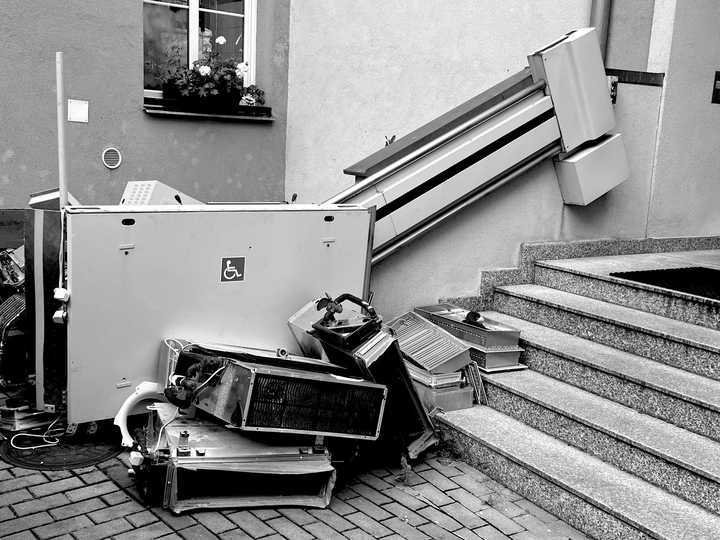Universal design: Creating a centralized system

Rūta Marija Slavinskaitė
Rūta is an urban planner with a background in architecture, design, and group management. She has 4 years of experience in the fields of participatory planning, urban research, and design.
Monika is a Ph.D. in management and commerce with a background in sociology and social work. She has more than 4 years of experience in teaching, training, and project management.
Cities are the hubs of social innovation, technology, and community which are the key to seeking a more sustainable future. Thus, it is crucial to have equal and equitable access to the city environment. However, data shows that the cities of today are not yet designed for all.
The project Universal design (UD): creating a centralized system in Lithuania was started in order to bring attention to the need for better accessibility and develop strategic national policy. Referring to disability as a construct of the environment rather socially formed narrative of a person’s abilities painted a bigger picture. Including temporal (injuries, illness, etc.) or situational (newborn babies, seniors, etc.) disabilities in the data showed that more than 38% of Lithuanian citizens would benefit from universally designed environments. However, the analysis highlighted key gaps: no coherent understanding of UD, gaps in the legislative framework, unsystematic data collection, a lack of competent experts in the field, heterogeneous levels of implementation and monitoring of UD in the regions of Lithuania, an uneven distribution of responsibilities among public authorities. Thus, the project goal was focused on creating a systemic universal design policy in Lithuania.
The project was implemented in three main stages:
- Current situation analysis including data collection, interviews, and literature review.
- Foreign best practice analysis that showcased the possible solutions in other countries.
- Policy proposal development and presentation to the public authority.
The biggest success of the project is considered to be the facilitation of the dialogue between NGOs, people with disabilities, and public authority resulting in strategic policy development in designing the future cities of Lithuania for all. The policy is currently being reviewed and will be presented at the Office of the Government of Lithuania on September 6th, 2023.